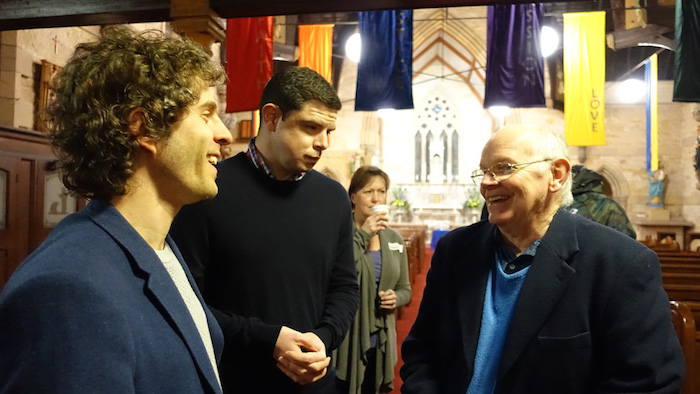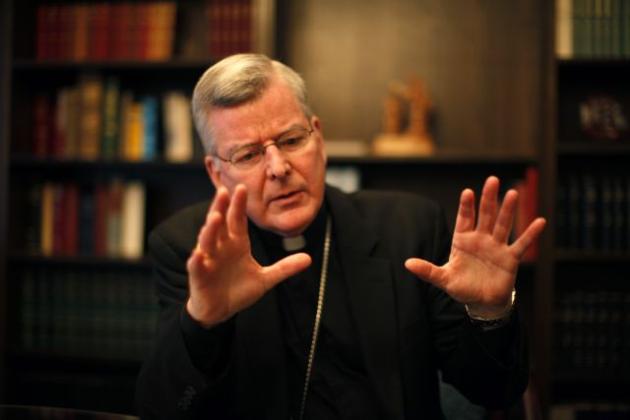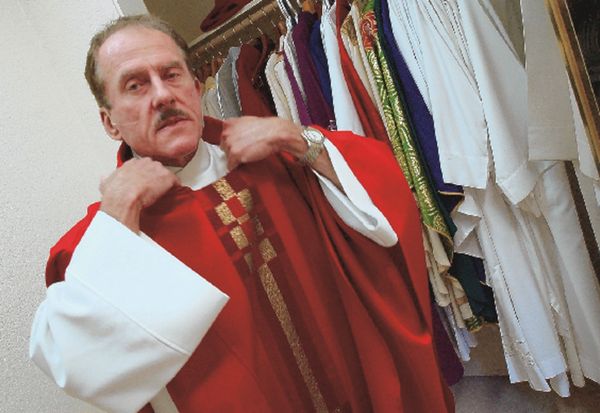By
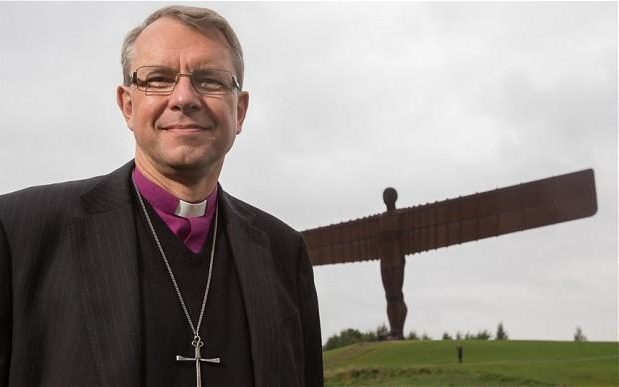
Survivors of child sexual abuse have accused the Church of England of “acting like Pontius Pilate” as a previously unseen document revealed that bishops were explicitly instructed only to give partial apologies – if at all – to victims to avoid being sued.
Legal advice marked “strictly confidential” and circulated among the most senior bishops, told them to “express regret” only using wording approved by lawyers, PR advisers and insurers.
The guidance – written in 2007 and finally replaced just last year – also warns bishops to be wary of meeting victims face to face and only ever to do so after legal advice.
It speaks of the “unintended effect of accepting legal liability” for sexual abuse within their diocese and warns them to avoid “inadvertently” conceding guilt.
The paper, seen by The Telegraph and confirmed as genuine, advises bishops to use “careful drafting” to “effectively apologise” without enabling victims to get compensation.
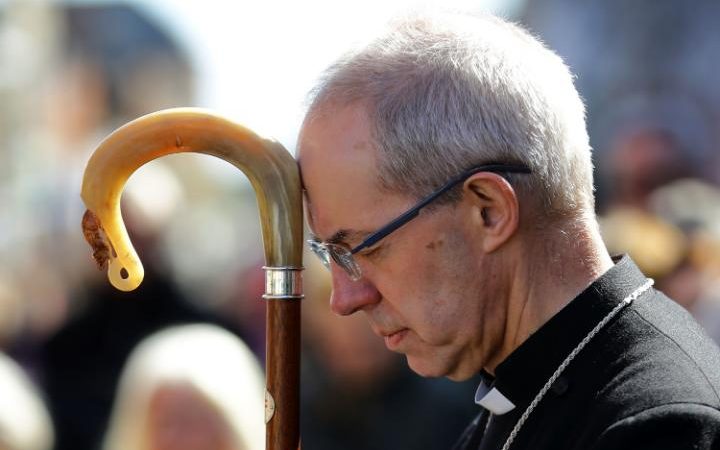
Survivors said it showed there was a culture of denial, dishonesty and “blanking” victims in ways which had heightened their pain and ultimately failed to tackle the roots of the abuse crisis.
It highlighted how the teenager – known as “Joe” – revealed his ordeal to a string of leading clerics, three of them later ordained as bishops, who then claimed not to remember anything.
The report singled out the way in which the Bishop of Durham, the Rt Rev Paul Butler, the Church’s then head of safeguarding, cut all contact with Joe, following advice from insurers, after he began legal action. The review condemned this as “reckless”.
Meanwhile Lambeth Palace brushed off around 17 requests for a meeting with the Archbishop of Canterbury, Justin Welby, without any “meaningful” reply, it shows.
Joe said the newly revealed document “made total sense” in light of his own experience.
“This finally exposes the culture that has been followed,” he said
“The approach to survivors is often a corporate model and this document supports that – it shows a church led by lawyers and insurers, you get the impression that these people are really their masters.
“A diocese is deferential to their bishop and the bishop is deferential to a bunch of lawyers.
“The Church will say ‘our hands are tied’ but they are paying the people who are tying their hands.
“They should say we need to stop this nonsense but they wash their hands like Pontius Pilate.
“Every part of this nexus [the bishops, the lawyers and insurers owners] washes its hands of every other part of it but the nexus is joined at the hip.”
The advice, by the Church’s top legal advisor, Stephen Slack, explains how bishops could find themselves being sued over the actions – or inaction – of their predecessors.
While accepting that they might “understandably want to express their regret”, it adds: “Because of the possibility that statements of regret might have the unintended effect of accepting legal liability for the abuse it is important that they are approved in advance by lawyers, as well as by diocesan communications officers (and, if relevant, insurers).
“With careful drafting it should be possible to express them in terms which effectively apologise for what has happened whilst at the same time avoiding any concession of legal liability for it.”
On the possibility of bishops meeting victims, it adds: “This may be the right course in some circumstances but great care will be needed to ensure that nothing is said which inadvertently concedes legal liability.”
One of Britain’s leading child abuse lawyers, David Greenwood of Switalskis, who represented Joe, said: “With Church organisations you expect a higher standard than just a legalistic approach.
“This is a naïve document, it is legalistic and doesn’t take into account the needs of survivors of child sexual abuse.
“I think this is more naivety than nastiness – but the effect definitely can be nasty.”
Richard Scorer, another leading lawyer representing more than 50 victims in the ongoing Independent Inquiry into Child Sexual Abuse, said: “This confirms what we have long suspected which is that when they would offer apologies they were deliberately constructed in a way to avoid any meaningful responsibility.
“I’m sure they will be embarrassed at the language here but it reflects a reality that we have come across time and again with the churches that they will take an apologetic tone but that is combined with an unwillingness to admit responsibility.”
New guidelines produced by the Church of England in June last year effectively repudiate the earlier advice, insisting that the “pastoral response” to victims should be the top priority and must be separated from legal and insurance responses.
But it goes on to add that apologies should be discussed with insurers, communications officer and ecclesiastical lawyers.
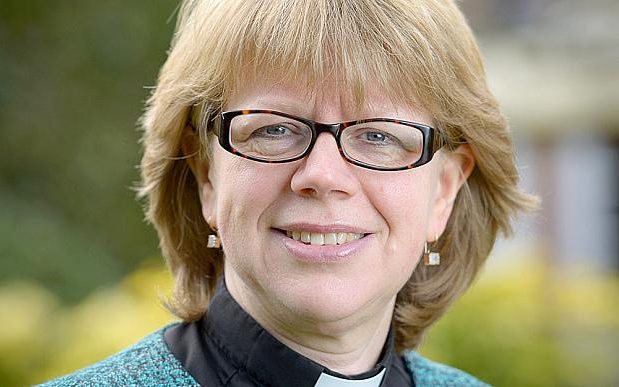
A Church of England spokesman said: “The Church of England published new guidance in 2015 emphasising that: ‘The pastoral response to alleged victims and survivors is of top priority, and needs to be separated as far as possible from the management processes for the situation, and from legal and insurance responses.’
“That superseded all previous advice and ensures that the pastoral needs of survivors must never be neglected and pastoral contact can continue whatever legal issues exist.”
He added: “Bishop Sarah Mullally is working closely with the National Safeguarding Team to implement the recommendations of the Elliott Review which have been fully endorsed by the House of Bishops.
“When Bishop Sarah received the review on behalf of the Church of England, as requested by the survivor, she offered an unreserved apology for the failings of the Church towards the survivor.
“Following the publication Bishop Sarah met with him and two members of MACSAS [Minister and Clergy Sexual Abuse Survivors].
“This was an opportunity to apologise in person for the failings of the Church towards him and the horrific abuse he suffered.”
Complete Article HERE!

